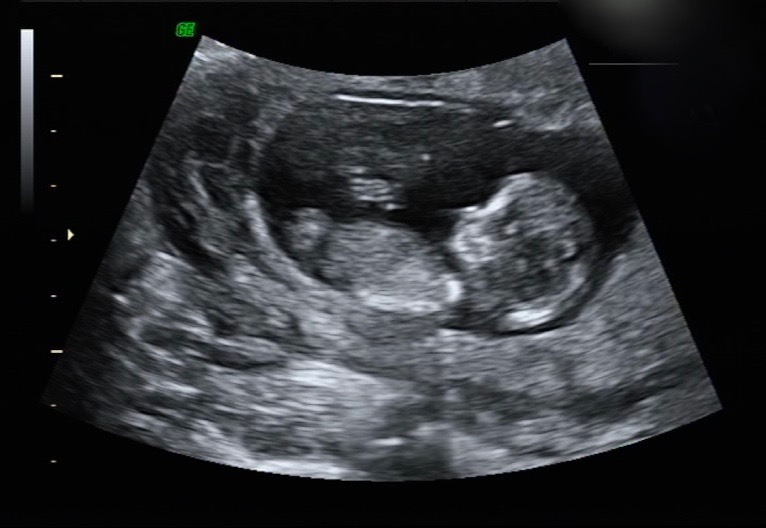When Does Life Begin? Just Follow The Science...
- Alexander K. Scott

- Jun 29, 2022
- 2 min read
- Info Blog -

An Abundance of Evidence
Throughout the years, as medical technology (such as the ultrasound) has progressed, it has been scientifically proven that life begins at conception--just as pro-life activists have argued since the beginning of time.
It has become abundantly clear that the matter is not whether life begins at conception, but rather whether the life that does begin at conception is of value. For more on this subject, refer to the post: Does Life Matter?
In summary, it is conclusively proven that an embryo is formed at conception. It is proven that an embryo, short of death, is always the beginning of life and the first stage in the formation of a human being.
Here is a collection of supporting research, data, and scientific studies originally provided by Princeton University:
"The following references illustrate the fact that a new human embryo, the starting point for a human life, comes into existence with the formation of the one-celled zygote."
- Princeton.edu (https://www.princeton.edu/~prolife/articles/embryoquotes2.html\)
"Development of the embryo begins at Stage 1 when a sperm fertilizes an oocyte and together they form a zygote."
- England, Marjorie A. Life Before Birth. 2nd ed. England: Mosby-Wolfe, 1996, p.31
"The development of a human being begins with fertilization, a process by which two highly specialized cells, the spermatozoon from the male and the oocyte from the female, unite to give rise to a new organism, the zygote."
- Langman, Jan. Medical Embryology. 3rd edition. Baltimore: Williams and Wilkins, 1975, p. 3
"Embryo: The developing individual between the union of the germ cells and the completion of the organs which characterize its body when it becomes a separate organism.... At the moment the sperm cell of the human male meets the ovum of the female and the union results in a fertilized ovum (zygote), a new life has begun.... The term embryo covers the several stages of early development from conception to the ninth or tenth week of life."
- Considine, Douglas (ed.). Van Nostrand's Scientific Encyclopedia. 5th edition. New York: Van Nostrand Reinhold Company, 1976, p. 943
"I would say that among most scientists, the word 'embryo' includes the time from after fertilization..."
- Dr. John Eppig, Senior Staff Scientist, Jackson Laboratory (Bar Harbor, Maine) and Member of the NIH Human Embryo Research Panel -- Panel Transcript, February 2, 1994, p. 31
"Zygote. This cell, formed by the union of an ovum and a sperm (Gr. zyg tos, yoked together), represents the beginning of a human being. The common expression 'fertilized ovum' refers to the zygote."
- Moore, Keith L. and Persaud, T.V.N. Before We Are Born: Essentials of Embryology and Birth Defects. 4th edition. Philadelphia: W.B. Saunders Company, 1993, p. 1
Contributor(s)
Sam Morris, Al K. Scott, Scott Lee, and Mary Hugh, special acknowledgment to Princeton University for providing such a helpful compilation of information.



Comments